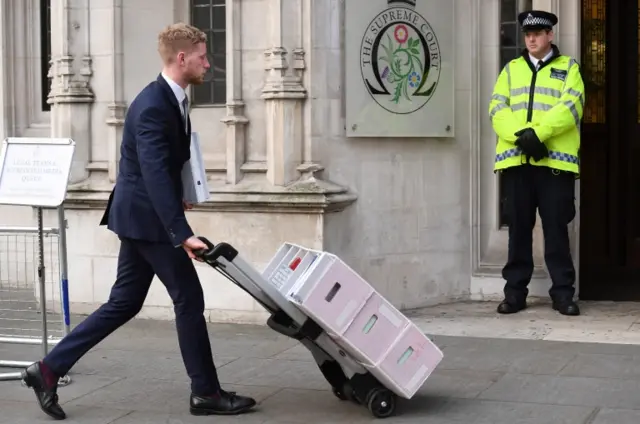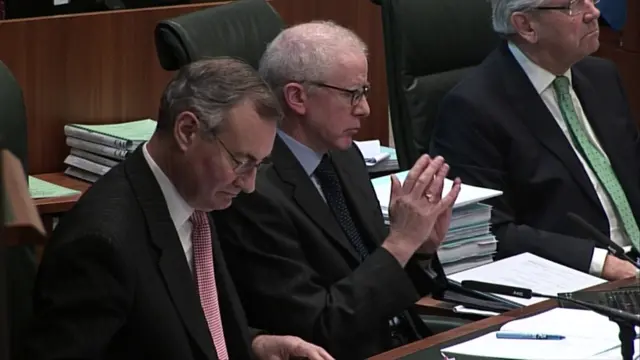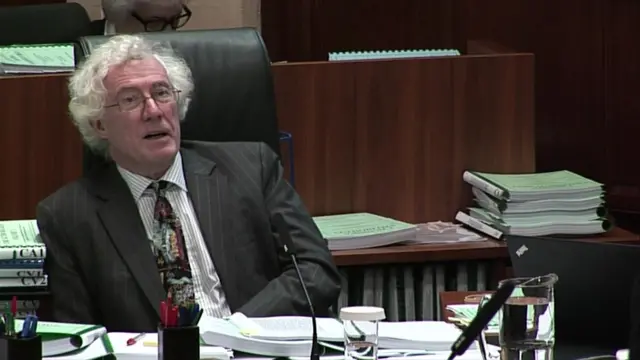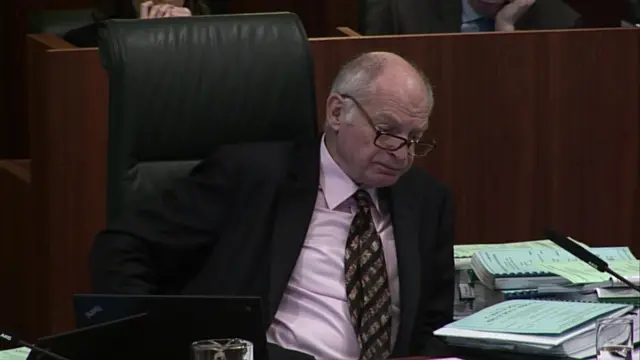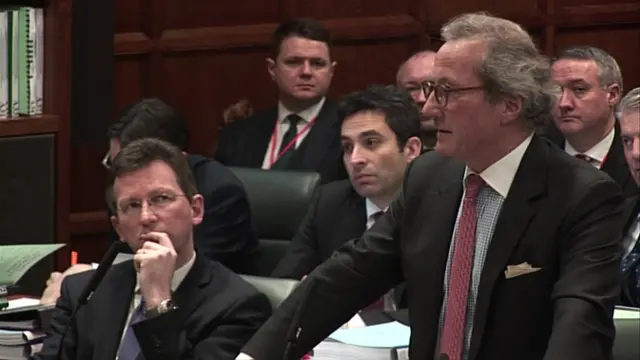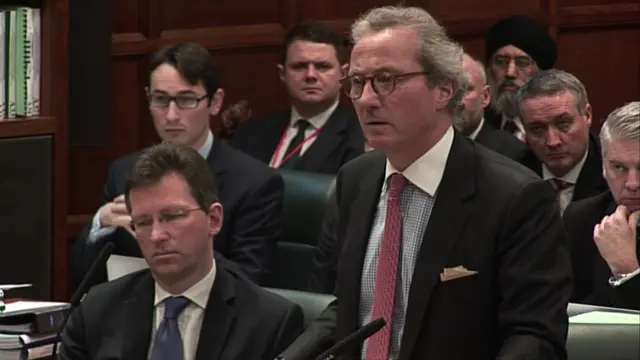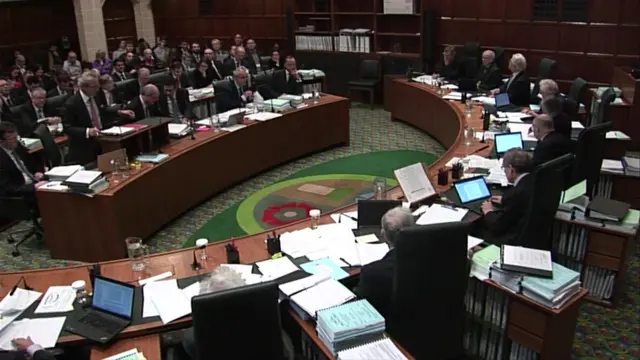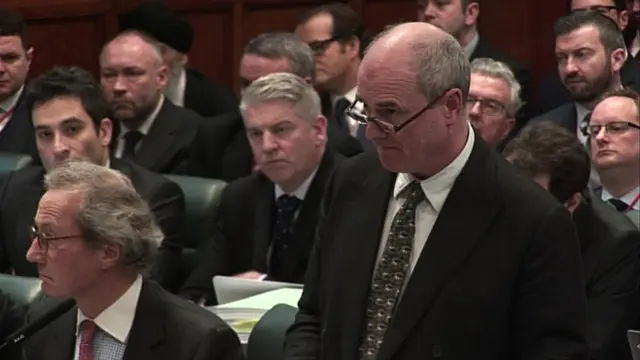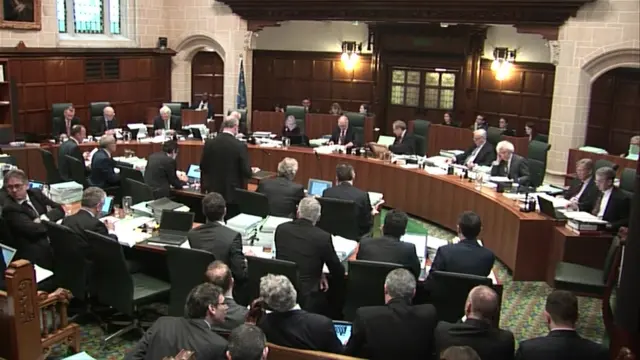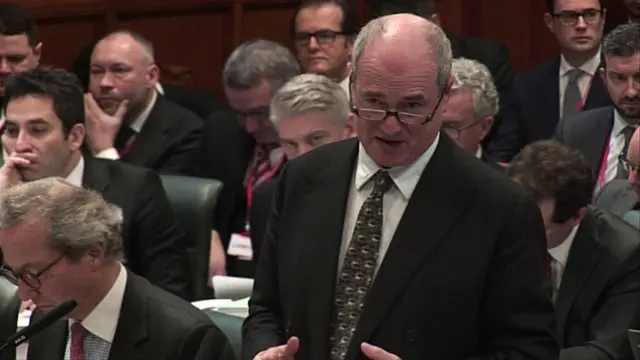Labour: Government will 'struggle' in courtpublished at 13:15 GMT 6 December 2016
 The World at One
The World at One
BBC Radio 4
Labour's shadow Brexit secretary Keir Starmer tells the BBC the High Court ruling on Article 50 was "clear and decisive" and while he could not predict the outcome of the Supreme Court appeal, he suspects that the government might "struggle with its arguments".
